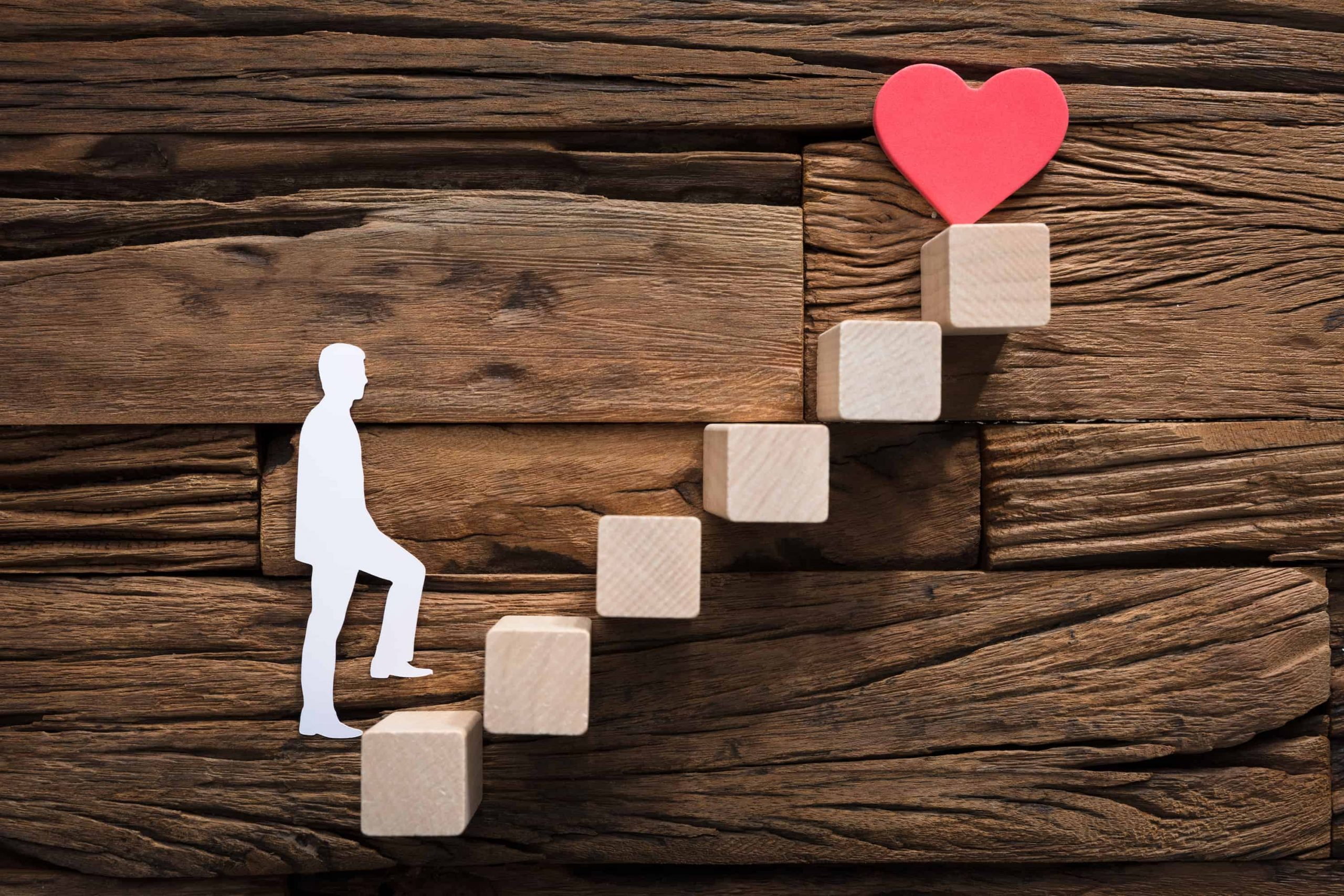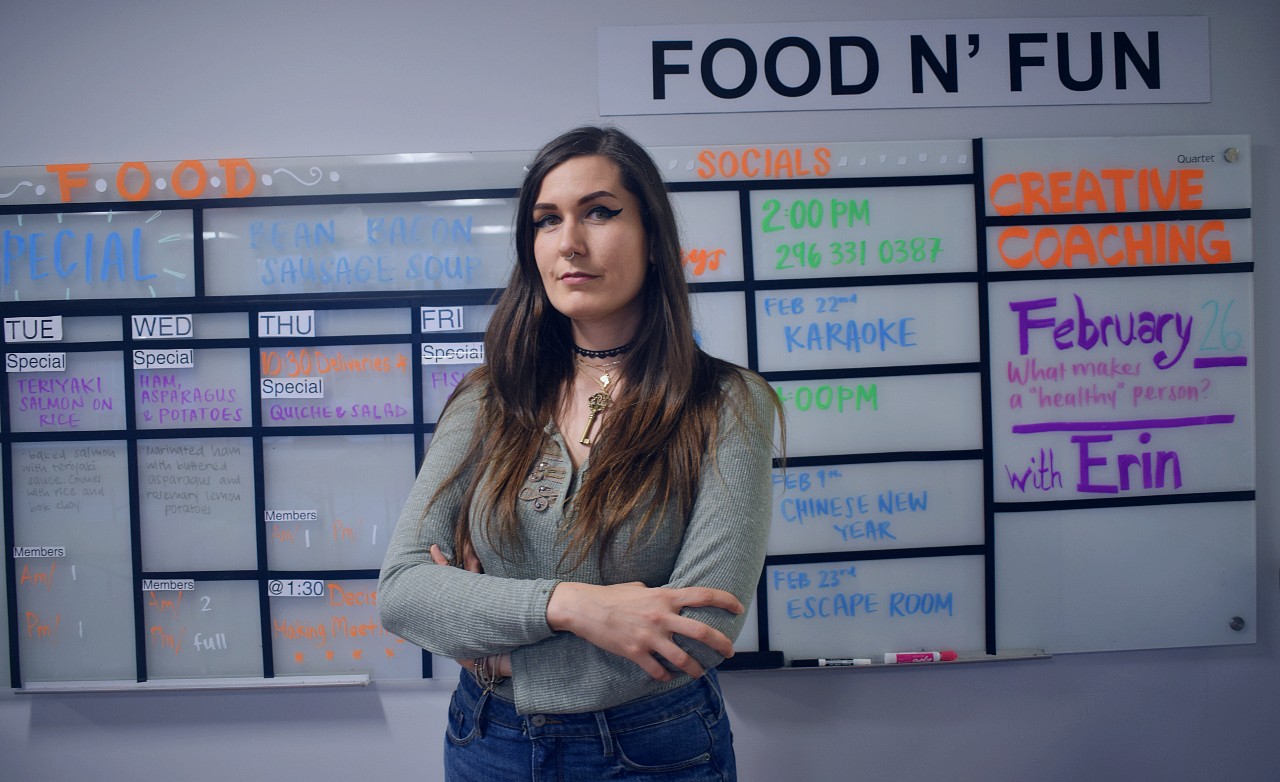**Trigger Warning: This post contains lived experience descriptions about eating disorders that some may find triggering**
Disordered eating is something I am very familiar with. My friends Anorexia and Bulimia have been with me since I was a preteen. Recently, an expert on the radio spoke about how the reckoning of COVID-19 had created a “shadow pandemic” out of eating disorders. Mental health institutions have been treating children as young as ten and I deeply related to that.
The pandemic may have exasperated some eating disorders but it also brought them into the light.
As lockdowns and stay at home recommendations made hiding in bathrooms and avoiding meals increasingly hard, it may have saved some lives. My own family could have used such a wake-up call. The following is my story. It may be triggering if you are in the middle of your own storm, but I would like you to read it because it’s honest.
Body dysmorphia is a common factor all people with eating disorders share. We can’t ever be sure of what we look like. I am always searching for the image of myself that looks familiar and some days I don’t find her. Since I was a preteen, being called “healthy” was an insult and fat was a “feeling.” Today I am 35, and I embrace that healthy is a goal but there are days when “fat” is still a feeling.
Body dysmorphia is exhausting. It comes before starvation, before the purge and the binge. It makes you seek outside feedback about your body because you truly don’t know what you look like. “Do I look like this, is this me?”
I was always looking for input from others and looking back, I wish some of the people I asked stayed quiet. Being called “healthy” at 16 spiraled me down a rabbit hole of self-hate. I embraced that to be happy is to be thin, and I was going to get there at any cost. Every day I thought about food, how to avoid food, how much I ate, wishing I didn’t and all the numbers associated with calories and weight. It is quite difficult to form meaningful relationships with others when you have a one-track mind and a tendency to fear restaurants.

As people with eating disorders know too well, you can’t starve yourself forever, so if your anorexia didn’t land you on an IV drip in a hospital bed, bulimia came to crash the party. Bulimia affected every aspect of my life and she was relentless, she would live with me for years and came out to play whenever I was feeling “fat” (which was always). I spent years needing access to single serve washrooms and a care kit filled with a toothbrush, paste, mints, and excuses. Try being anywhere on time when eating a meal can take you on a garden path of triggers. You eat, you can’t stop, you are on a binge, you purge, so now your electrolytes and sugars are out of whack which leaves you dizzy and shaking, you feel weak and have to eat, you lose control and you binge, you purge, and you do it all again. Bulimia made me both late for my life and disinterested in it.
When I was 16, I thought that happiness was being skinny. When I got skinny, I was the loneliest I had ever been.
When I was 16, I thought that happiness was being skinny. When I got skinny, I was the loneliest I had ever been. Nothing helped me, I worked on it myself. I wish I didn’t wait close to 20 years to do it. I suffered alone but by doing so, I affected my relationships with others and myself. I was resistant to support even when it was offered and I wish I was braver back then to face that “fat” isn’t a feeling and that healthy is a goal. Very few individuals are still around to see this version of me: I robbed myself of following through with friendships that might have lasted a lifetime.
The 20-year-old me would consider working in a kitchen environment a fresh version of hell, the me of today sees my job as proof of my recovery. I was a week back from my maternity leave, at my brand new job as the Manager of a Clubhouse Unit that is centered around social activities and food, when we had to shut down due to the first wave of the pandemic.
I understand my food triggers, I don’t tempt myself because there was a time I couldn’t stop myself. I eat a variety of foods but I move away from eating fast food, and before taking anything in, I question how much value it holds for the overall health of my body. My internal monologue pushes me to go for a run when I really would rather snack and watch television. I have adapted to the rain with proper exercise clothing and keeping a schedule no matter the weather.
I will always live with Anorexia and Bulimia. They are part of me and so “fat” may always be a feeling. There are times I worry I won’t be in charge of my mental illness and Anorexia and Bulimia will break down my doors but today I am armed. I understand that exercise is a celebration of what your body can do and not a punishment for eating and that being healthy is the goal because my face looks a lot better with a healthy body mass index. Frankly, I have punished myself for existing long enough.
There is help, but it does start with you.
“Fat” is still a feeling but it’s not a feeling I feel every day and I have a deep affection for my body. Are you done punishing yourself for existing, for not feeling at home in your own body? There is help, but it does start with you.

Tajana Saric-Ferns is a Program Manager at Pathways Clubhouse Society of Richmond and has been part of the organization for 13 years. Pathways Clubhouse helps members recover from mental illness and rebuild their lives through a supportive environment that focuses on each person’s strengths and talents, rather than their illness. The Clubhouse works together as a group and help members advance their education, gain employment, have a place to live, get nutritious food, connect with their families, and make new friends. Tajana has her Bachelor’s Degree in Psychology from Simon Fraser University and has volunteered in the mental health field since high school. Apart from paying off her mortgage, her biggest aspirations are to rebuild her body and relationships. Tajana is a mother of two, a wife, and an eating disorder survivor.



